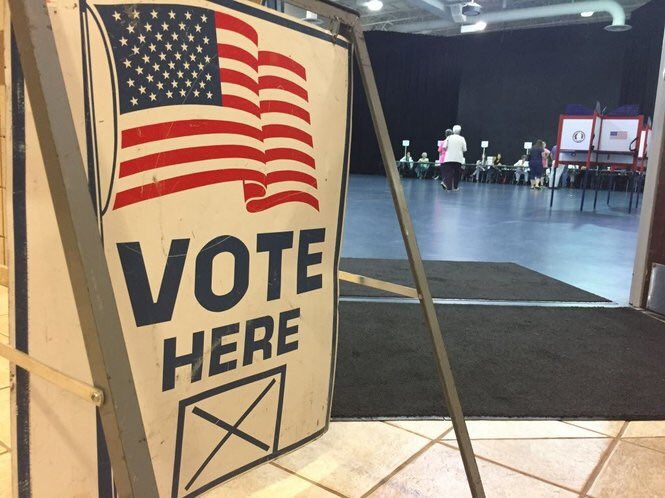Actions by the Republican Party have increasingly focused on seeking Latino candidates and voters across the country. In this context, it is observed that the party's incursions are also extending to low-voting state disputes and the battle for control of state legislatures.
The Republican optimism stems from years of achievement in Florida's search for Latino voters, but also from recent major election victories elsewhere, particularly in Texas.
The Republican State Leadership Committee (RSLC), which supports down-ballot state legislative and state-level offices, has invested in its first Spanish-language ad and has more than 16 Hispanic candidates in its “Right Leaders Network” recruitment and training program, including in New Mexico, Texas, California, Florida, Oregon and Illinois, according to
The Hill.
The Republican National Committee has created 12 Hispanic community centers where employees work to build relationships and outreach in Latino communities, in addition to launching a program to help immigrants prepare for the naturalization test. In this election cycle, the Committee recruited a total of 102 Latino candidates, according to the same publication.
The party is generally bullish about its prospects with Hispanic voters, a group that’s become an increasingly important part of the Democratic coalition. […] Most recently, it announced working with Texas House Speaker Dade Phelan (R) to fund a $360,000 ad buy to support two of those Republican candidates in Texas: Janie Lopez in the Rio Grande Valley and state Rep. John Lujan in San Antonio. […] Republicans have been quick to build a steady bench of Hispanic candidates, while Hispanic Democrats had to struggle within their party for years to grow their numbers”, according to The Hill.
Still, Democrats have historically invested more in the pursuit of the Latino vote and have gained a large numerical advantage over Republicans on the national average. However, Republicans have control of more seats and state legislatures than Democrats, with some fundraising opportunities in states like Nevada and Maine, according to an analysis by the
University of Virginia Center for Politics. Where Republicans already have control, they hope to expand their influence in states like Texas. And elsewhere, they aim to downsize the Democrats’ majority.
According to RSLC spokeswoman Stephanie Rivera in a statement, “For too long Democrats have taken Hispanic communities for granted and now these voters are looking for an alternative to the Democrats’ disastrous agenda that has given them rampant crime, skyrocketing inflation, a lack of control over their children’s education, and a disastrous border crisis”.
California state Assemblywoman Suzette Valladares, a Republican running in a Santa Clarita-area district where there are more registered Democrats than Republicans, said that voters in her district are willing to vote for the GOP if candidates talk about issues that matter to them.
Also according to the publication, the California state Assemblywoman Suzette Valladares, a Republican running in a Santa Clarita-area district where there are more registered Democrats than Republicans, said that voters in her district are willing to vote for the GOP if candidates talk about issues that matter to them. “For a long time, you know, the policies aimed at engaging Latinos were all policies that only focused on the issues for underserved, poor Latinos. And, mind you, there’s still a lot that needs to be done in that area. But the issues that are now impacting Latinos in the middle class are the same issues that are impacting the rest of California,” Valladares said. “Affordability, homelessness, crime — these issues are so vital”.
The RSLC's Spanish-language announcement released last month, as
reported here, highlighted the cost of living and Democrats’ disregard for voting and support from Latino voters for granted.
“For Nicole Chavez, a New Mexico House candidate seeking to flip an Albuquerque district red, said that high crime is a major motivator and the reason she switched from being a lifelong Democrat to a Republican. Chavez’s son was killed seven years ago in a drive-by shooting eight minutes after he arrived at a house party. In the aftermath, she started a nonprofit for homicide victims and started advocating for stronger penalties for criminals, but Democrats did not support her bills”.
Chavez and Valladares said that through the RSLC’s Right Leaders program, they got not only financial assistance but also training, which provides access to a network of state Republicans across the country.
 https://pxhere.com/pt/photo/747227?utm_content=shareClip&utm_medium=referral&utm_source=pxhere
https://pxhere.com/pt/photo/747227?utm_content=shareClip&utm_medium=referral&utm_source=pxhere











